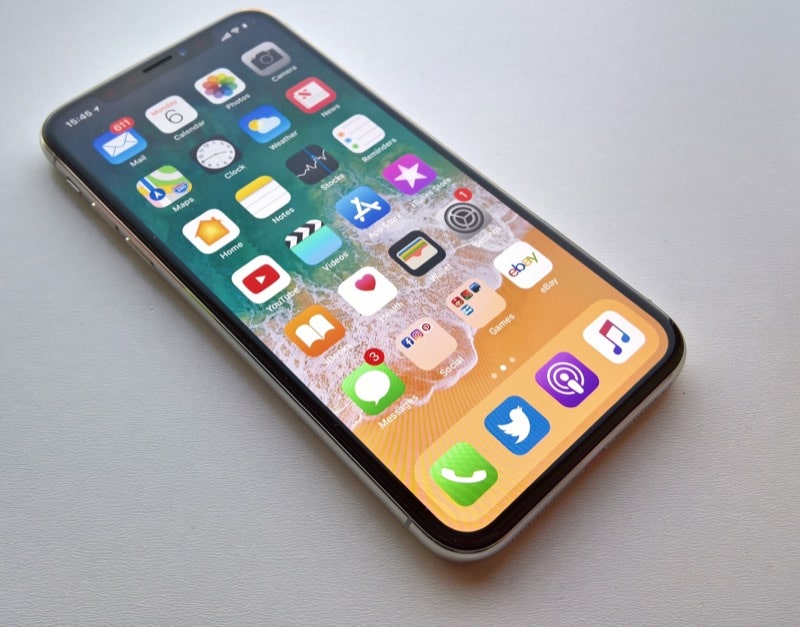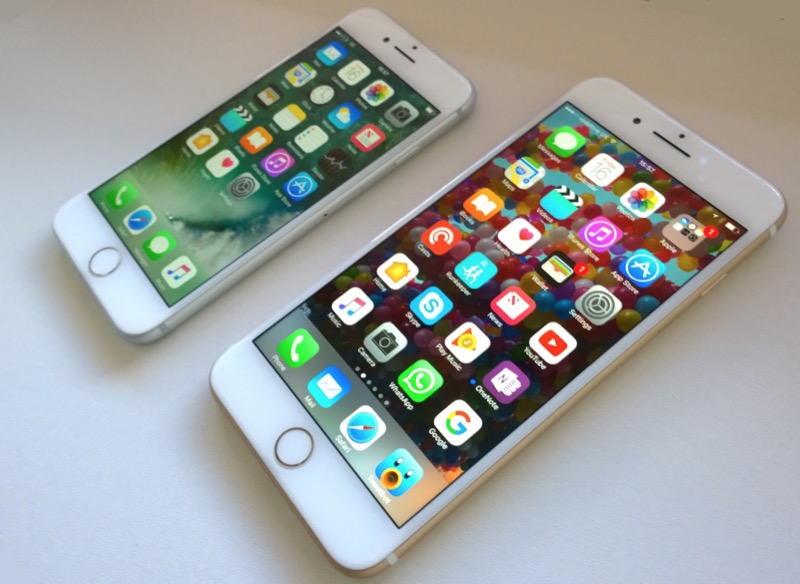
Apple admitted earlier this month that it added a feature last year to some iPhones that slow down the handsets based on battery age/degradation.
The reason for this, according to the company, is that as batteries age they are unable to handle more taxing requests on the processor. To avoid random shutdowns, which can happen if the processor is forced to handle too many high-level processes coupled with a degraded battery, Apple implanted a feature that slows down the processor, effectively limiting the phone’s performance in an effort not to overtax the battery.
Unfortunately for Apple, this fell hand-in-hand with a long-running conspiracy theory, and the company didn’t publicly announce this feature was released last year, and is in a phone as recent as the iPhone 7. As such, the company has been met with heavy backlash and legal filings.
Apple’s explanation for the feature is logical at face value, but the company’s handling of the situation wasn’t above board. As such, there have been questions whether or not other smartphone manufacturers do the same thing, as they all use lithium-ion batteries, too. The Verge reached out to Motorola, HTC, LG, Samsung, Google, and Sony, and got some feedback from at least two at the time of publication.
According to spokespeople for HTC and Motorola, neither company slows down its phones as batteries age. HTC said that slowing down phones “is not something we do,” while Motorola’s spokesperson said, “We do not throttle CPU performance based on older batteries.”
Sony’s spokesperson said that a comment would have to wait until after the holidays, and Samsung says it is looking into the situation. Google and LG did not respond yet.
Apple’s position on this is marred by the fact they kept it a secret, and left users to discover the issue on their own. It will be interesting to see if other companies follow the same practice, because it would mean they kept it a secret from their customer base, too.
[via The Verge]
















